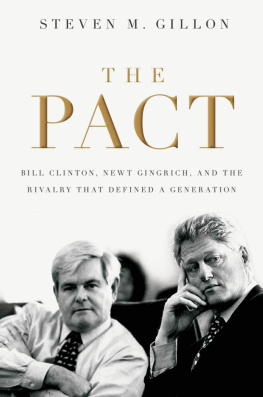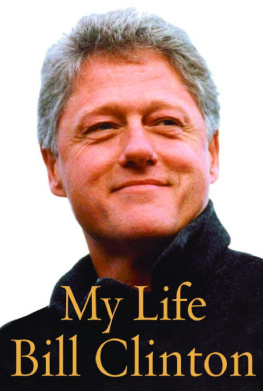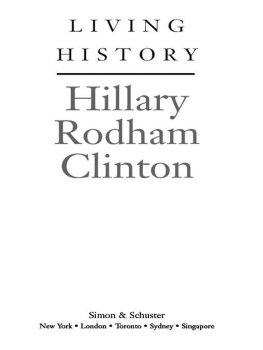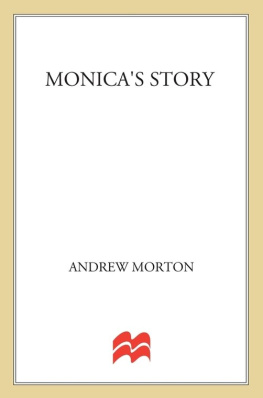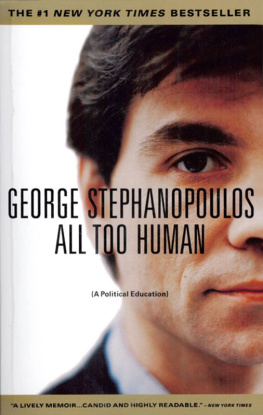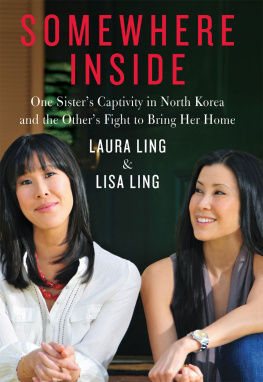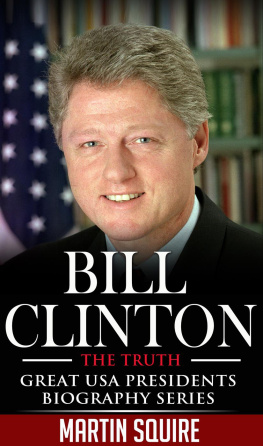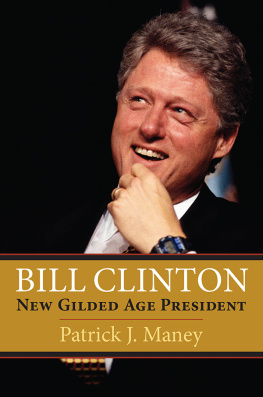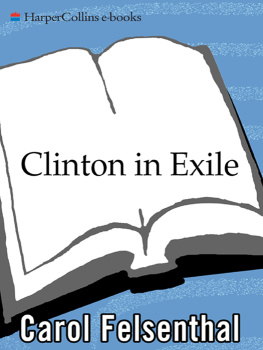The Pact
STEVEN M. GILLON
The Pact
Bill Clinton, Newt Gingrich, and the Rivalry That Defined a Generation


Oxford University Press, Inc., publishes works that further
Oxford Universitys objective of excellence
in research, scholarship, and education.
Oxford New York
Auckland Cape Town Dar es Salaam Hong Kong Karachi
Kuala Lumpur Madrid Melbourne Mexico City Nairobi
New Delhi Shanghai Taipei Toronto
With offices in
Argentina Austria Brazil Chile Czech Republic France Greece
Guatemala Hungary Italy Japan Poland Portugal Singapore
South Korea Switzerland Thailand Turkey Ukraine Vietnam
Copyright 2008 by Oxford University Press, Inc.
Published by Oxford University Press, Inc.
198 Madison Avenue, New York, New York 10016
www.oup.com
Oxford is a registered trademark of Oxford University Press
All rights reserved. No part of this publication may be reproduced, stored in a retrieval system, or transmitted, in any form or by any means, electronic, mechanical, photocopying, recording, or otherwise, without the prior permission of Oxford University Press.
Library of Congress Cataloging-in-Publication Data
Gillon, Steven M.
The pact: Bill Clinton, Newt Gingrich, and the rivalry
that defined a generation / Steven M. Gillon.
p. cm.
Includes bibliographical references and index.
ISBN 978-0-19-532278-1
1. United StatesPolitics and government19932001.
2. Clinton, Bill, 1946 3. Gingrich, Newt. I. Title.
E885.G55 2008
973.929dc22 2007038722
9 8 7 6 5 4 3 2 1
Printed in the United States of America
on acid-free paper
This book is dedicated to Dr. Lawrence P. Buck
CONTENTS
ACKNOWLEDGMENTS
I COULD NOT HAVE WRITTEN this book without the support of the University of Oklahoma, the insight of many colleagues and scholars, and the encouragement of friends. I am indebted to David Boren, president of the University of Oklahoma; Provost Nancy Mergler; and Dean Robert Con Davis-Undiano for giving me the freedom to work on this project. Special thanks to Carolyn Morgan, Robert Griswold, and Mindy Jones for all of their help and support over the years. Research assistants George Milne, Paul McKenzie-Jones, and Chris Davis provided a steady stream of material. Nick Davatzes, Gary Ginsberg, and Julian Zelizer read the entire manuscript and offered many helpful suggestions. James T. Patterson, who is one of Americas most eminent historians and also a good friend and mentor, read an early version of the manuscript. He scribbled detailed notes on nearly every page. His comments, always penetrating and always constructive, sent me back to the library for another six months, but they also made this a much better book. At Oxford University Press, Susan Ferber guided the project from beginning to end, making numerous helpful suggestions along the way.
Of course, it would have been impossible to write this book without the cooperation of the two people profiled: President Bill Clinton and Speaker Newt Gingrich. I had the opportunity to interview the president at the very beginning of this project. Although he never formally responded to written follow-up questions, the president did give many of the people around him permission to speak with me. I am especially indebted to Speaker Gingrich, who not only made himself available for interviews, but also opened up his private papers and encouraged all of his close associates and aides to cooperate. For the critical years 199698, I depended heavily on the recollections of Erskine Bowles, who served as President Clintons chief of staff, and Arne Christenson, who served the Speaker in the same role. Both men gave generously of their time, provided valuable insight into the private relationship between Clinton and Gingrich, and offered details that allowed me to unearth the buried promise of Social Security reform in 1997. A special word of thanks also goes to Rick Tyler, the Speakers spokesman and press secretary, for being so responsive and helpful.
As always, Im grateful to all my friends at The History Channel: Abbe Raven, Charlie Maday, Susan Werbe, Nancy Dubuc, Tim Nolan, Mike Mohamad, and Libby OConnell. For most of the time I was researching and writing this book, I was also launching a new show, Our Generation, on the History Channel. My thanks to all the staffresearchers, producers, associate producers, and editorswho put the show together. John Verhoff and Aaron Goldman put together a fine team and they insulated me from much of the day-to-day detail so I could continue working on this project. The series never would have launched without the generous support of the American Association of Retired Persons (AARP). Perhaps no organization in America has done more to help us understand the evolving needs and desires of the generation represented by Bill Clinton and Newt Gingrich than the AARP. Im grateful to the organization, and especially Emilio Pardo and Hugh Delehanty, for all of their encouragement, wisdom, and support.
This book is dedicated to Professor Lawrence Buck of Widener University. It was Dr. Buck who inspired me to become a historian. Until I walked into his medieval history class in the spring of 1976 as a college sophomore, I had been a mediocre student who dreamed of someday being a professional baseball pitcher. By the time the class ended, I had for the first time discovered the value of learning, reading, and debating, and dreamed of using my mind, not my arm, to make a living. (It was a wise decision, especially given that I was never going to make much of a living off my 65 mph fastball.) Nearly everyone has a story about a teacher who changed his or her life. Dr. Buck changed mine, and for that I will always be grateful.
PREFACE
SHORTLY AFTER 7:00 PM on Monday, October 28, 1997, House Speaker Newt Gingrich, accompanied by his chief of staff, Arne Christenson, made the brief trip from his Capitol Hill office to the White House. The purpose of the visit was to hammer out the final details of the 1998 budget with the president. But as his car moved down Pennsylvania Avenue past the monuments that symbolize the nations past, the historian in Gingrich could not help thinking that he too was making history on this warm fall evening. For the past few months, his closest aides had been holding secret meetings with senior White House officials. In private sessions and late-night phone calls they discussed the parameters of a proposed deal between President Clinton and the Speaker that would rock the Washington establishment. Now it was time for the two men to meet face to face to finalize the arrangement. This wasnt just another meeting, reflected White House Chief-of-Staff Erskine Bowles. We all knew we were making history.
Both sides went to great lengths to maintain secrecy. The president did not tell his vice president, the Democratic leadership in the House, or even his wife, about the meeting. He knew that many members of his administration and Democrats in Congress would erupt if they learned that he was dealing with Gingrich. After all, Gingrich had climbed to power, becoming Speaker in 1995, by attacking leading Democrats, including a former Speaker of the House, Jim Wright of Texas. Democratic antipathy for Gingrich was surpassed only by conservative hatred of Clinton. Some conservatives had already tried to remove Gingrich as Speaker a few months earlier because they felt he had gone soft on the president. Knowing that he could not survive another revolt, Gingrich did not tell other members of his senior staff about the meeting, fearing that it would leak to hardline members of his caucus.
Next page
